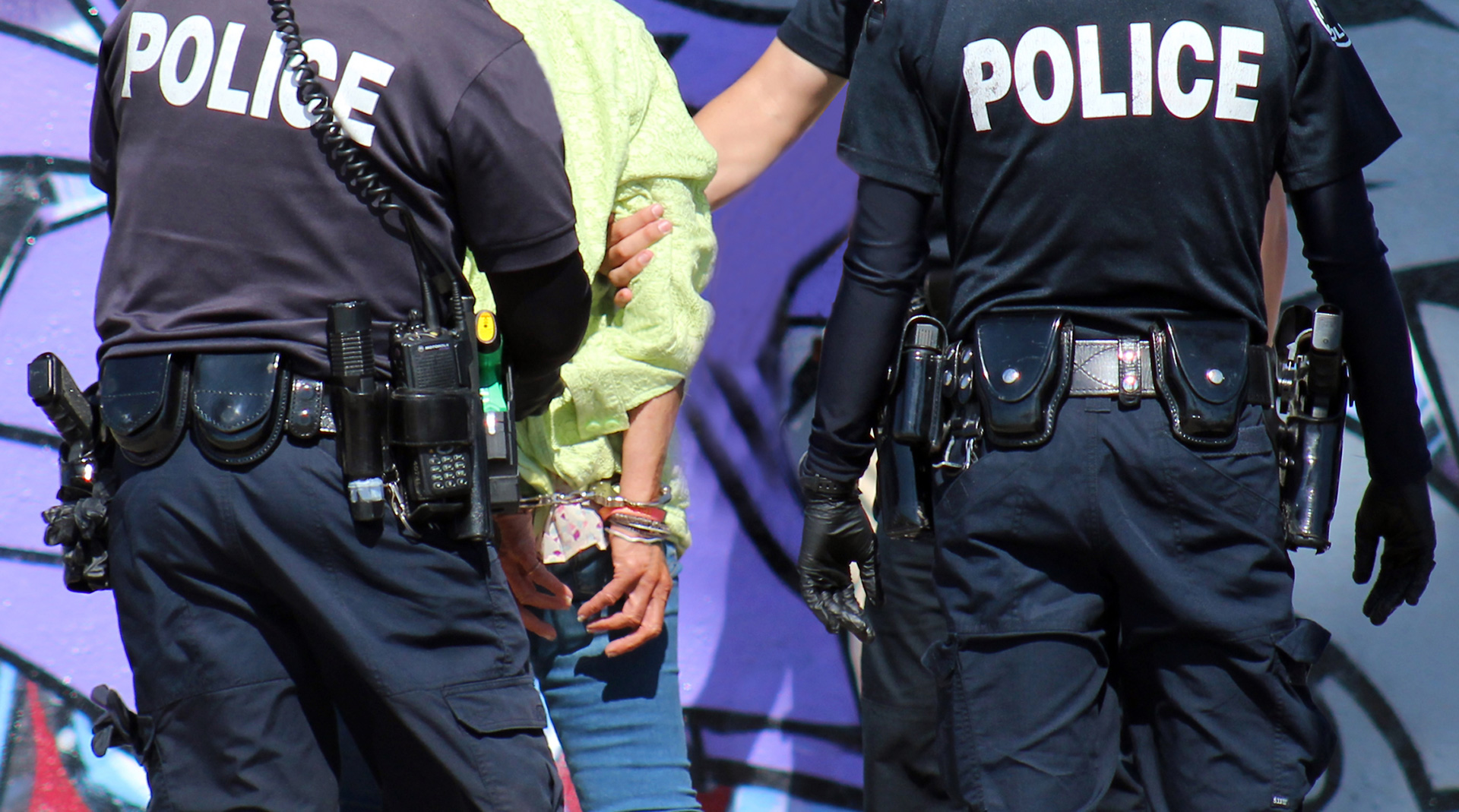
From Rodney King to Eric Garner to George Floyd, when news breaks of alleged excessive-force incidents, people want to know why other officers on the scene don’t jump in to prevent or de-escalate tensions. Don’t they have a duty to intervene?
Although numerous police organizations have existing duty-to-intervene regulations on the books, the amount of training and enforcement tied to such policies varies. For example, the Minneapolis Police Department has had a duty-to-intervene protocol since 2016; however, three former officers in the Floyd case now face aiding and abetting charges for not insisting Derek Chauvin remove his knee from Floyd’s neck.
“We saw firsthand one of the most egregious examples in Minneapolis that any of us have ever seen, where officers should have intervened. There’s an absolute duty to intercede,” Tom Saggau, spokesperson for the Los Angeles Police Protective League (LAPPL), told The Associated Press.
“I don’t think departments have prepared their officers sufficiently to deal with that sort of situation,” explained Chuck Wexler, executive director of the Police Executive Research Forum. “Have we really thought through what that actually means, what’s actually expected of them? ‘Duty to intervene’ has to mean more than words. It has to mean actions.”
Plus, there can be an unstated fear of retribution toward individuals who step in or report cases of excessive force. Under the current lens of police reform, some of these allegations have resurfaced. For example, officials in Buffalo, New York, have requested the state’s attorney general review a 2008 case of an officer who claimed she was dismissed after interfering with another cop she says was choking a handcuffed suspect. An arbitration concluded the firing was valid, but it’s now getting another look.
“Having a policy in place is great, but to a degree it can be window dressing. Policy does not necessarily change the culture of an organization or the culture of what officers are doing. I think it comes down to training,” said Jon Blum, who served as North Carolina’s statewide police training director in the late 1990s and early 2000s.
Of course, some departments have been more effective with enforcing duty-to-intervene regulations. LAPPL’s Saggau indicates an emphasis for integrity, including duty-to-intervene training, factored into the Los Angeles Police Department’s 30-year low in officer-involved shootings last year.
Deadly events with unarmed citizens in the shadow of Hurricane Katrina 15 years ago landed the New Orleans Police Department with a consent decree from the Justice Department. Federal oversight led to the formation of the Ethical Policing Is Courageous (EPIC) peer intervention training program within New Orleans P.D. The program runs various scenario enactments through which participants learn intervention approaches, including verbal strategies and, if needed, physically intervening. They also experience appropriate responses in the role of offending officer.
“We’ve been working really hard to change the culture of our organization and this has been a major piece of that. As it was unveiled, more and more people saw how important this was, and eventually, we were able to get our department on board,” New Orleans P.D. Chief Deputy Superintendent Paul Noel said.
Now, AP reports, more than 100 police organizations have contacted New Orleans P.D. with requests for more information on EPIC as they investigate options to emphasize the duty to intervene.
As seen in the October 2020 issue of American Police Beat magazine.
Don’t miss out on another issue today! Click below:





